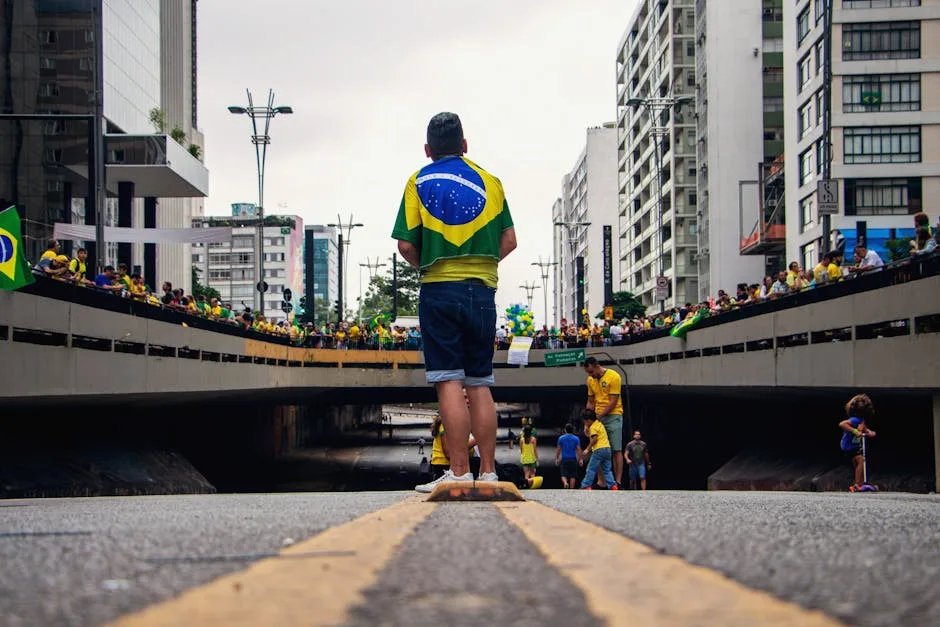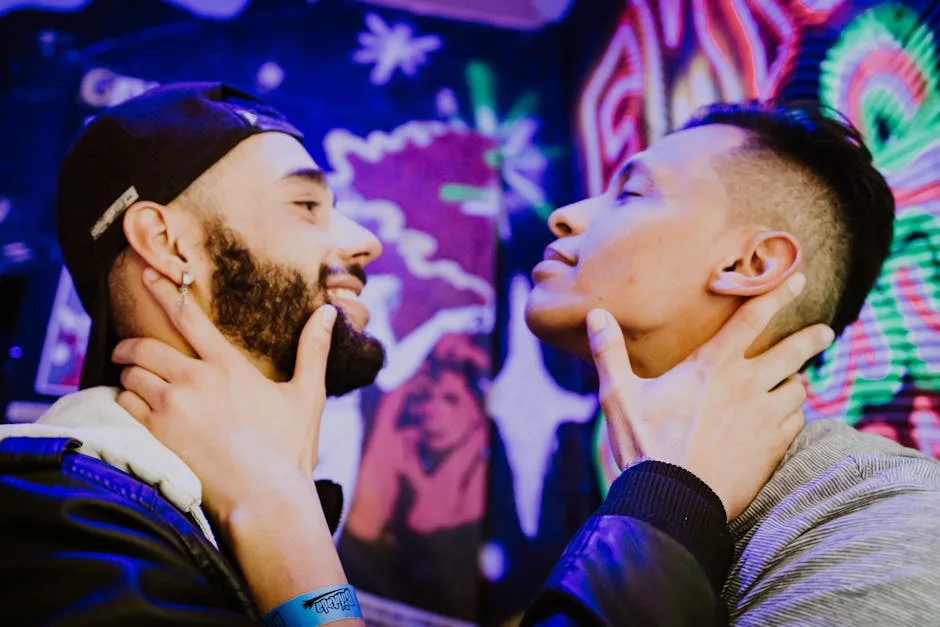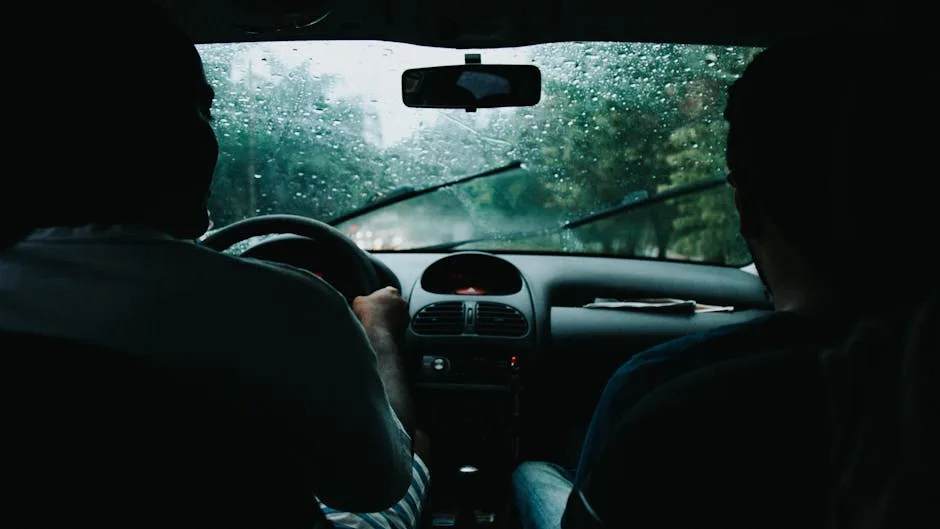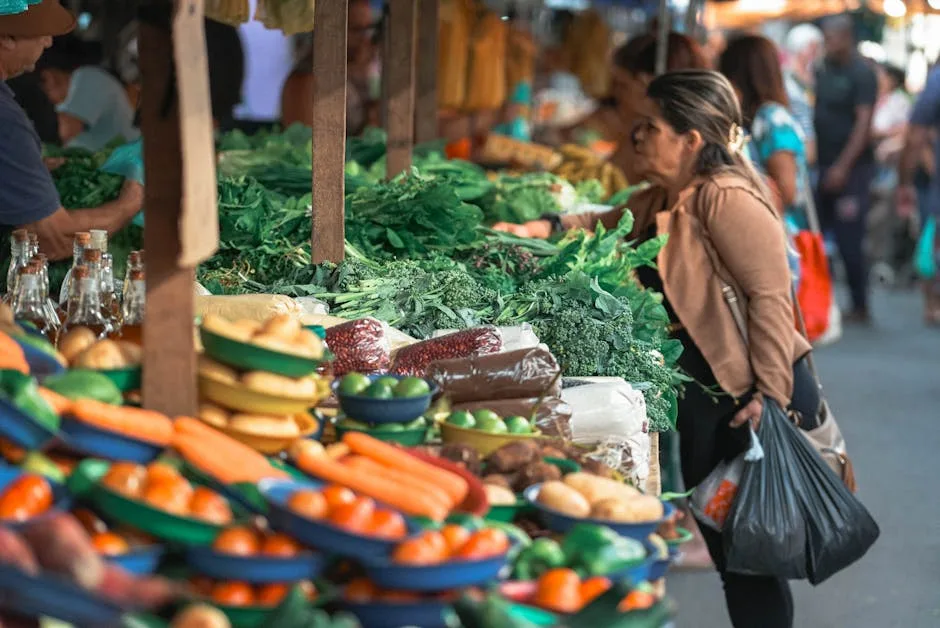- So, You're Heading to Brazil! Let's Talk About a Plan B.
- First Things First: The Magic Numbers
- The “My Wallet and Passport are Gone!” Scenario
- Step 1: Cancel Everything
- Step 2: File a Police Report
- Step 3: Contact Your Embassy or Consulate
- Navigating Medical Mishaps
- Travel Insurance is Non-Negotiable
- Finding Help
- Staying Safe and Sound: Prevention is Key
- Be Street Smart
- Transportation and Nightlife
- When Nature Gets a Little Too Wild
- Sun, Heat, and Hydration
- Rainy Season
- A Few Words Can Make a World of Difference
- Your Pre-Trip Preparedness Checklist
So, You’re Heading to Brazil! Let’s Talk About a Plan B.
Picture this: You’re sipping a caipirinha on a sun-drenched beach in Rio, the sound of samba is in the air, and you’re living your best life. brazil is an absolutely incredible country, brimming with vibrant culture, breathtaking landscapes, and an energy that’s impossible to resist. But let’s be real for a second—sometimes, life throws a curveball, even in paradise.
Getting caught in an unexpected situation far from home can feel daunting, but a little preparation goes a long way. Think of it not as planning for disaster, but as creating a safety net so you can relax and truly soak in all the magic Brazil has to offer. This isn’t about scaring you; it’s about empowering you. We’re going to walk through some common unexpected scenarios and give you the practical steps to handle them like a pro, so you can get back to enjoying that caipirinha.
First Things First: The Magic Numbers
Before we dive into specifics, let’s get the most crucial information locked down. Program these numbers into your phone right now. Seriously, do it. You’ll thank yourself later if you ever need them.
- 190 – Polícia Militar (Military Police): This is your go-to number for immediate danger, crimes in progress, or any situation where you need a police presence right away.
- 192 – SAMU (Ambulance Service): SAMU is the nationwide emergency medical service. If you or someone else is having a medical emergency, this is the number to call for an ambulance.
- 193 – Corpo de Bombeiros (Fire Department): For fires, car accidents, or rescue situations (like getting stuck in an elevator or needing assistance in a natural disaster), the firefighters are your heroes.
It’s also a great idea to know about the DEAT (Delegacia Especial de Apoio ao Turismo), or the Tourist Police. They have branches in major tourist cities like Rio de Janeiro and São Paulo and are specifically trained to assist travelers with issues like theft, scams, and other non-life-threatening problems. Their staff often speak English, which can be a huge relief.
The “My Wallet and Passport are Gone!” Scenario
It’s a traveler’s worst nightmare. You reach for your bag, and your stomach drops. It’s gone. Or maybe just your wallet. Or just your passport. Whatever the case, take a deep breath. You can handle this.
Step 1: Cancel Everything
If your credit or debit cards were stolen, your first call should be to your banks to cancel them immediately. Most banks have 24/7 international toll-free numbers for this exact purpose. Have these numbers saved somewhere separate from your wallet—perhaps in a secure note on your phone or in an email to yourself.
Step 2: File a Police Report
Next, you’ll need to file a Boletim de Ocorrência (B.O.), which is an official police report. This is non-negotiable, especially if your passport was taken. You’ll need it for insurance claims and for getting a replacement travel document. You can go to the nearest police station (delegacia) or, for less serious, non-violent theft, you may be able to file a report online depending on the state.
Step 3: Contact Your Embassy or Consulate
If your passport is missing, your embassy is your new best friend. They can issue an emergency travel document that will allow you to get home. This is why having a digital and physical photocopy of your passport’s main page is a lifesaver—it will speed up the process immensely. Find your country’s nearest embassy or consulate address and phone number before your trip and save it.

Navigating Medical Mishaps
From a sudden fever to a sprained ankle from dancing too much samba, medical issues can happen. Here’s what you need to know.
Travel Insurance is Non-Negotiable
Let’s say this loud and clear: Do not travel to Brazil without comprehensive travel insurance. Brazil’s public healthcare system, the SUS (Sistema Único de Saúde), is available to everyone, including tourists, for emergencies. However, public hospitals can be overcrowded with long wait times. Private hospitals (hospitais particulares) offer a much higher standard of care and comfort, but they are expensive. Your travel insurance is your golden ticket to accessing this private care without breaking the bank.
Finding Help
Pharmacies (farmácias or drogarias) are plentiful and can be a great first stop for minor ailments. Pharmacists in Brazil are well-trained and can provide advice and over-the-counter medications for common issues like sunburn, insect bites, or an upset stomach. For anything more serious, head to the emergency room (pronto-socorro or emergência) of a private hospital. Your hotel concierge or insurance provider can help you find a reputable one nearby.

Staying Safe and Sound: Prevention is Key
The best way to handle an emergency is to avoid it in the first place. Brazil is generally a safe country for tourists, but like any popular destination, it pays to be smart and aware.
Be Street Smart
- Mind Your Belongings: In crowded areas, on public transport, or at the beach, keep a close eye on your things. Don’t flash expensive jewelry, cameras, or large amounts of cash. A cross-body bag worn in front of you is a great choice.
- Phone Safety: Be cautious when using your phone on the street. It’s a common target for snatch-and-grab theft. Step into a shop or cafe if you need to check directions.
- Trust Your Gut: If a situation or an area feels off, it probably is. Don’t be afraid to walk away or take a different route.
Transportation and Nightlife
Stick to licensed taxis or reputable ride-sharing apps like Uber or 99. At night, avoid walking alone in poorly lit or deserted areas. When enjoying the fantastic nightlife, always keep an eye on your drink and be mindful of your limits.
When Nature Gets a Little Too Wild
Brazil’s nature is a huge part of its appeal, but it’s powerful. Depending on where and when you travel, you might encounter some environmental challenges.
Sun, Heat, and Hydration
The Brazilian sun is no joke. Heat exhaustion and dehydration are real risks. Drink way more water than you think you need, wear a hat, and apply high-SPF sunscreen generously and often. The locals often take a break during the hottest part of the day, and that’s a wise move to follow.
Rainy Season
In many parts of Brazil, the summer (December to March) is also the rainy season, which can bring intense tropical downpours. These can sometimes lead to localized flooding or landslides, particularly in hilly cities like Rio. Keep an eye on the local weather forecast and heed any warnings from the Defesa Civil (Civil Defense).
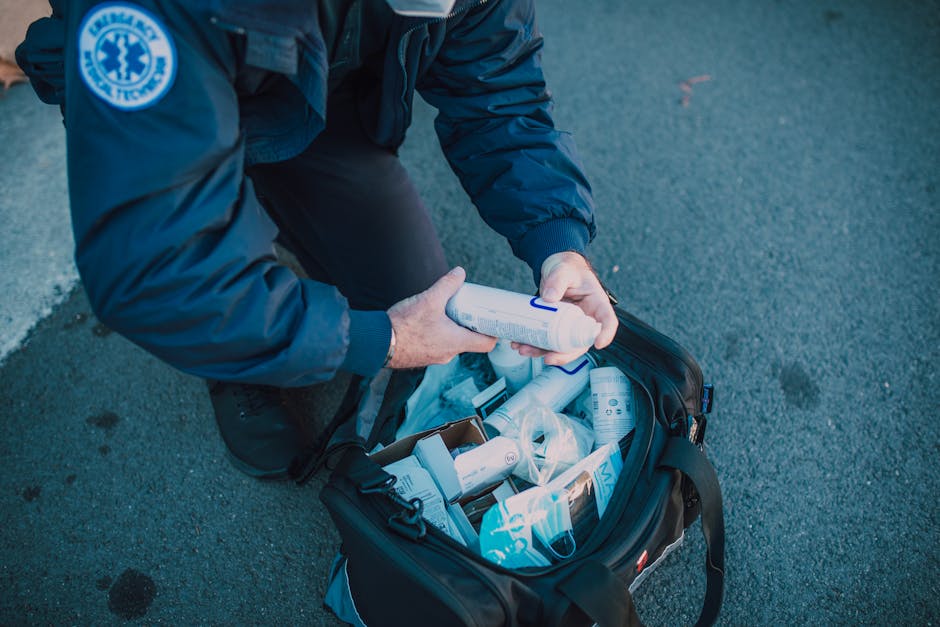
A Few Words Can Make a World of Difference
While you don’t need to be fluent, knowing a few key Portuguese phrases for emergencies can be incredibly helpful and reassuring in a stressful moment.
- Socorro! (so-KOH-ho) – Help!
- Chame a polícia! (SHA-mee ah poh-LEE-see-ah) – Call the police!
- Preciso de um médico. (preh-SEE-zoo jee oom MEH-jee-koo) – I need a doctor.
- Fui roubado/roubada. (foo-ee ho-BAH-doo / ho-BAH-dah) – I was robbed. (male/female)
- Onde é o hospital? (OHN-jee eh ooh ohs-pee-TAHL?) – Where is the hospital?
Don’t forget that translation apps on your phone are also a fantastic tool to have at the ready.
Your Pre-Trip Preparedness Checklist
Feeling more confident? Great! Here’s a quick checklist of things to do before you even zip up your suitcase.
- Buy Travel Insurance: We’ve said it before, but it’s the most important thing on this list.
- Copy Your Documents: Make two photocopies of your passport, visa, and driver’s license. Leave one at home with a trusted person and keep the other with you, separate from the originals. Also, save digital copies in your email or a cloud service.
- Share Your Itinerary: Give a copy of your travel plans, including flight details and hotel addresses, to a friend or family member back home.
- Save Key Contacts: Program local emergency numbers, your embassy’s contact info, and your bank’s fraud department number into your phone.
- Register Your Trip: Many governments offer a service for citizens traveling abroad (like the Smart Traveler Enrollment Program – STEP for U.S. citizens). It helps your embassy contact you in an emergency.
Being prepared doesn’t mean you’re expecting the worst; it means you’re smart enough to plan for the unexpected. Now that you have these tools in your back pocket, you can focus on what really matters: experiencing the warmth, beauty, and unforgettable rhythm of Brazil.

